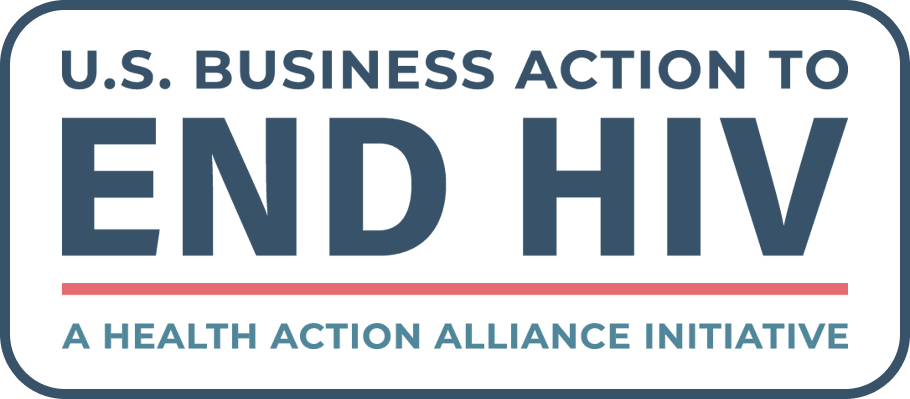
| TBD Panels | 3-Panel STD Test | 9-Panel STD Test | 5-Panel STD Test | 3 Site: Oral, Rectal, Genital |
|---|---|---|---|---|
| Chlamydia |  |  |  |  |
| Gonorrhea |  |  |  |  |
| Trichomoniasis |  |  |  | |
| HIV (Ag/Ab) |  |  | ||
| Syphilis |  |  | ||
| Hepatitis B & C |  | |||
| HSV I |  | |||
| HSV II |  |
- 8 E Charleston Blvd
- Las Vegas, NV 89104
- Tues and Fri
- 10 AM – 2PM
- Contact us:
- +1 (702) 909-0554
- hello@tbd.health

| TBD Panels | 3-Panel STD Test | 9-Panel STD Test | 5-Panel STD Test | 3 Site: Oral, Rectal, Genital |
|---|---|---|---|---|
| Chlamydia |  |  |  |  |
| Gonorrhea |  |  |  |  |
| Trichomoniasis |  |  |  | |
| HIV (Ag/Ab) |  |  | ||
| Syphilis |  |  | ||
| Hepatitis B & C |  | |||
| HSV I |  | |||
| HSV II |  |

By Adrienne Ton, NP
When we use the term “STI” or “sexually transmitted infection” with patients, we’re often asked what the difference is between an STI and a “STD” (sexually transmitted disease).
Is one worse than the other? What’s the difference? Does the difference matter?
The short answer: same same, but (a little) different.
From “venereal disease” to “STD” to now “STI”, infections spread primarily through sex have been called by different names. At the end of the day, they all pretty much mean the same thing and most people (healthcare providers included) mean the same things when they use either term.
People who work in healthcare have started to transition to the use of the term “STI” because it’s more accurate and inclusive. It’s also a transition away from the word “disease”, a term which can unfortunately have some stigma attached to it.
A sexually transmitted infection (STI) is when a virus, bacteria, or parasite enters a person’s body through some kind of sexual contact.
A sexually transmitted disease (STD) occurs later - when that virus, bacteria, or parasite starts to increase in a person’s body and cause problems and sometimes symptoms.
Not every STI becomes an STD, because not every infection leads to a disease. But every STD starts with an infection. With regular testing, we can often find and treat infections before they cause long term damage.
In the real world, most people use the terms interchangeably. I know this can be confusing! Most people are used to the term “STD”, so healthcare professionals often use both terms even though “STI” is technically more accurate. They’re usually talking about the same thing (unless they specify otherwise).
TBD Recommends: Take our sexual health questionnaire
So does it really matter? For most folks, no. But here at TBD, we try to use the term “sexually transmitted infection” or “STI” more often, because we want to choose more inclusive terms that have less perceived stigma around this. We believe you should have access to excellent, non judgmental care regardless of whether you currently have, have had, or are worried about a sexually transmitted infection or disease.
This article provides information about sexual health, healthcare and/or related subjects. The blog content and any linked materials herein are not intended to be, and should not be construed as a substitute for, medical or healthcare advice, diagnosis or treatment. Any reader or person with a medical concern should consult with an appropriately-licensed physician or other healthcare provider. This blog is provided purely for informational purposes. The views expressed herein are not sponsored by and do not represent the opinions of TBD HEALTH INC.
Email us and a team member will get back to you within 24 hours. We’re also available via call or text at +1 (702) 909-0554
Sign up below to get 10% off
By providing my email address, I agree to receive email with marketing communications from TBD Health including news, promotions and exclusive offers. I understand that I can opt out at any time by using unsubscribe links. Visit our Terms of Service or Privacy Policy for more information.








